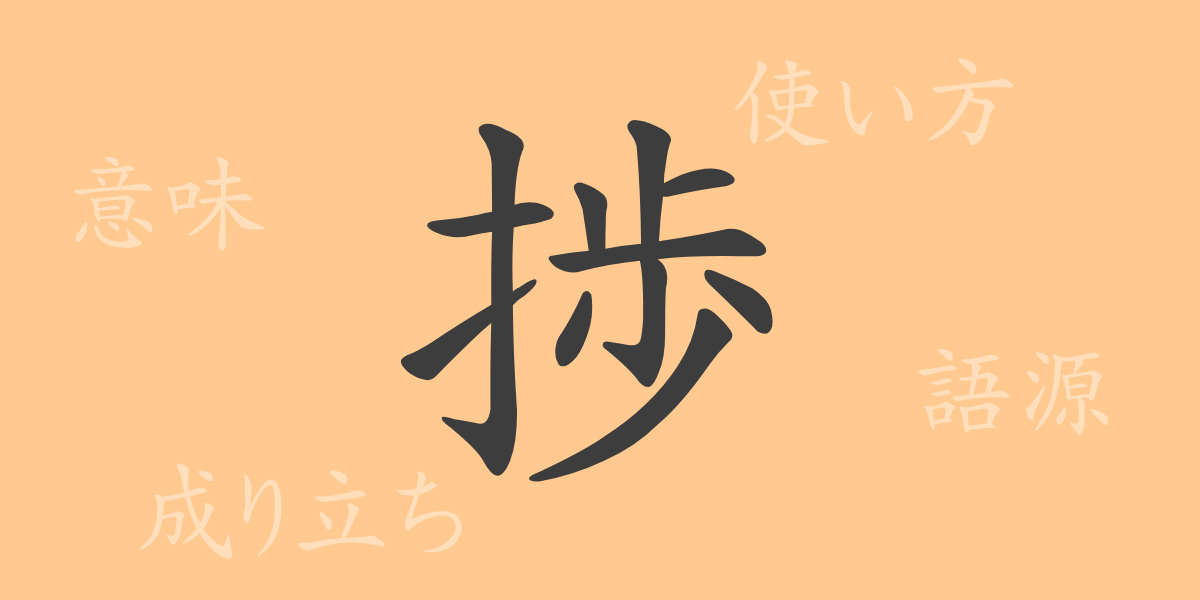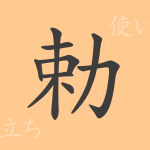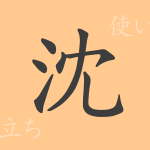Japanese characters are uniquely capable of conveying vast meanings and emotions with a single stroke. One such character is ‘捗(チョク)’, widely used in business contexts for its intrinsic ability to signify progress. Yet, detailed knowledge of its origins, meanings, and applications are less common. This article delves deep into ‘捗’, exploring its hidden powers and significance within the Japanese language.
Origins of ‘捗(チョク)’
The kanji ‘捗’ can trace its roots back to ancient Chinese scriptures. Its origin combines ‘扌(てへん)’ representing hands skillfully handling tasks, with ‘步’ symbolizing smooth progression. This fusion initially conveyed ‘smooth handiwork,’ evolving broadly to mean ‘things progressing well.’
Meaning and Usage of ‘捗(チョク)’
‘捗’ encapsulates the concept of ‘things going smoothly’ or ‘making progress.’ In business settings, it’s often used to describe a project’s good progress. Verbally, ‘捗る’ is used in phrases like ‘作業が捗る’, indicating efficient progress in daily tasks or work.
Reading, Stroke Count, and Radical of ‘捗(チョク)’
The character ‘捗’ offers interesting features in its readings, structure, and radical:
- Readings: On’yomi is ‘チョク’, Kun’yomi is ‘はかどる’
- Stroke Count: 10 strokes total
- Radical: ‘手部(てへん)’ – the hand radical
Phrases and Idioms Using ‘捗(チョク)’ and Their Meanings
Idioms and phrases containing ‘捗’ often suggest positive progress in real-life or business contexts. Examples include:
- ‘捗々しい’: Describing a situation where things are progressing very smoothly.
- ‘業務が捗る’: Work or tasks are moving forward efficiently.
- ‘捗るとも滞るとも’: Expressing the potential for situations to either progress well or stall.
Conclusion on ‘捗(チョク)’
The kanji ‘捗’ is a potent expression for progress and efficiency. Understanding its meanings and uses can significantly enhance business communication. While not often written, ‘捗’ frequently appears in reading materials, making a deep understanding of this character beneficial for everyday communication. Through this article, we hope to enhance your comprehension and application of ‘捗’ in daily interactions.

























